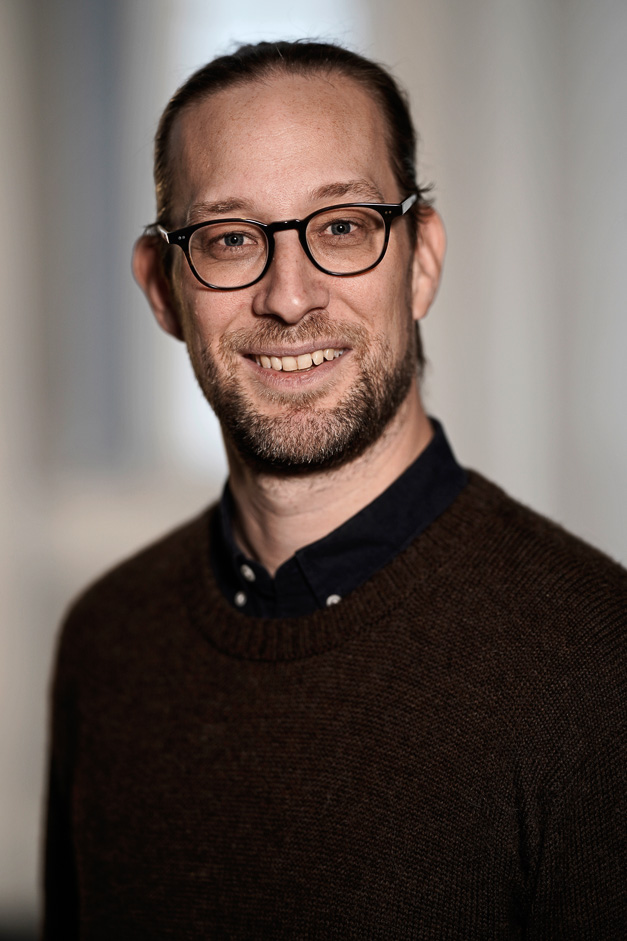BARC talk by Matthias Christandl
Thursday, April 24, 2025, Matthias Christandl, Professor of Mathematics at the University of Copenhagen, will give a talk on "Asymptotic tensor rank is characterized by polynomials".
Abstract:
Asymptotic tensor rank is notoriously difficult to determine. Indeed, determining its value for the 2×2 matrix multiplication tensor would determine the matrix multiplication exponent, a long-standing open problem. On the other hand, Strassen's asymptotic rank conjecture makes the bold claim that asymptotic tensor rank equals the largest dimension of the tensor and is thus as easy to compute as matrix rank. Despite tremendous interest, much is still unknown about the structural and computational properties of asymptotic rank; for instance whether it is computable.
We prove that asymptotic tensor rank is "computable from above", that is, for any real number r there is an (efficient) algorithm that determines, given a tensor T, if the asymptotic tensor rank of T is at most r. The algorithm has a simple structure; it consists of evaluating a finite list of polynomials on the tensor. Indeed, we prove that the sublevel sets of asymptotic rank are Zariski-closed (just like matrix rank). While we do not exhibit these polynomials explicitly, their mere existence has strong implications on the structure of asymptotic rank.
As one such implication, we find that the values that asymptotic tensor rank takes, on all tensors, is a well-ordered set. In other words, any non-increasing sequence of asymptotic ranks stabilizes ("discreteness from above"). In particular, for the matrix multiplication exponent (which is an asymptotic rank) there is no sequence of exponents of bilinear maps that approximates it arbitrarily closely from above without being eventually constant. In other words, any upper bound on the matrix multiplication exponent that is close enough, will "snap" to it. Previously such discreteness results were only known for finite fields or for other tensor parameters (e.g., asymptotic slice rank). We obtain them for infinite fields like the complex numbers.
 Bio:
Bio:
Matthias Christandl is a Professor of Mathematics at the University of Copenhagen developing Quantum Software for a future Quantum Computer. He is the Center Leader of the Quantum for Life Center funded by the Novo Nordisk Foundation, Principal Investigator of the Center for the Mathematics of Quantum Theory (QMATH), and Chairman of the University of Copenhagen's Quantum Hub. He has previously held faculty positions at LMU Munich and ETH Zurich and holds a PhD from the University of Cambridge. Matthias Christandl is elected member of the Royal Danish Academy of Sciences and Letters and has chaired the Program Committee of the Conference on Quantum Information Processing (QIP) in the year 2019.
Host: Théo Fabris
